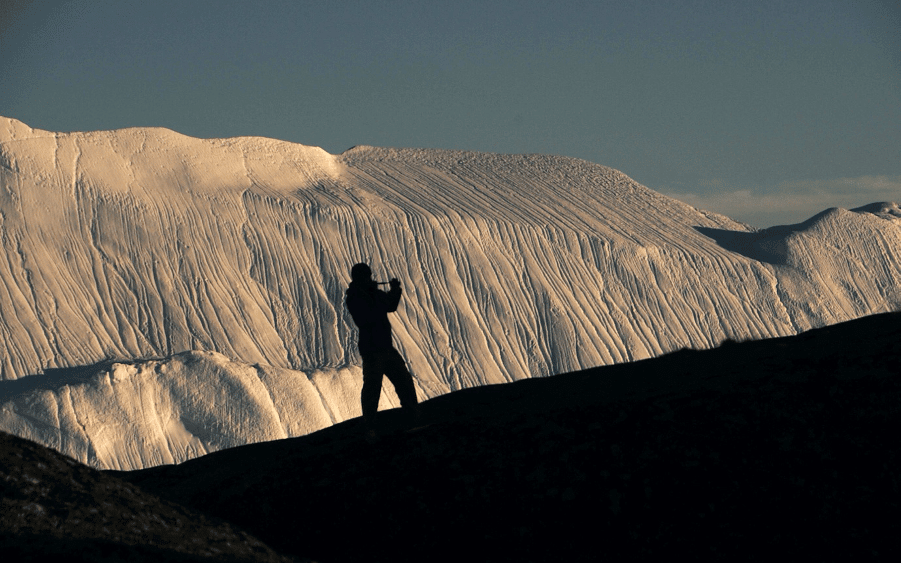CYCLOCARB
In the framework of CYCLOCARB, the first multi-proxy paleo database will be built, allowing to study with the same unique tool the changes in the carbon cycle and its relationship with global climate and temperature.
Past climate variations shed light on the functioning of the carbon cycle and its impact on the Earth's carbon stocks (atmosphere, ocean, continent) during global climate change. The CYCLOCARB project will develop a semi-empirical model of the climate and carbon cycle during the last glacial cycle, whose large-scale changes can be treated as analogues of anthropogenic forcing. This model will be constrained by the development of a global database including surface water temperature and ice volume proxies (geochemical palaeothermometers, δ18O of foraminifera), and carbon cycle indicators (δ13C in foraminifera, organic and inorganic carbon concentration in marine sediments).
Temperature proxies will be used to assess the sensitivity of the climate to variations in greenhouse gases, and the response of the oceans to these climate forcings. The isotopic composition of the carbon stock in the climate system (ocean-atmosphere) will be assessed in order to quantify the overall impact of variations in the oceanic biological pump on climate over the last 150,000 years. The semi-empirical model and climate reconstructions will contribute to a better understanding of the response of the natural carbon cycle to anthropogenic forcing. Lastly, CYCLOCARB will make it possible to quantify sedimentary carbon stocks, which could affect the management of these stocks in exclusive economic zones.
CYCLOCARB has received Horizon 2020 funding from the European Commission as part of the Marie Sklodowska-Curie Actions (grant agreement No 897046) and will be conducted at CEREGE - Aix-Marseille University.
2020-2023: CYCLOCARB
CEREGE lead :
Olivier Cartapanis
Oceanic Carbon Cycling Response to Global Temperature Changes


